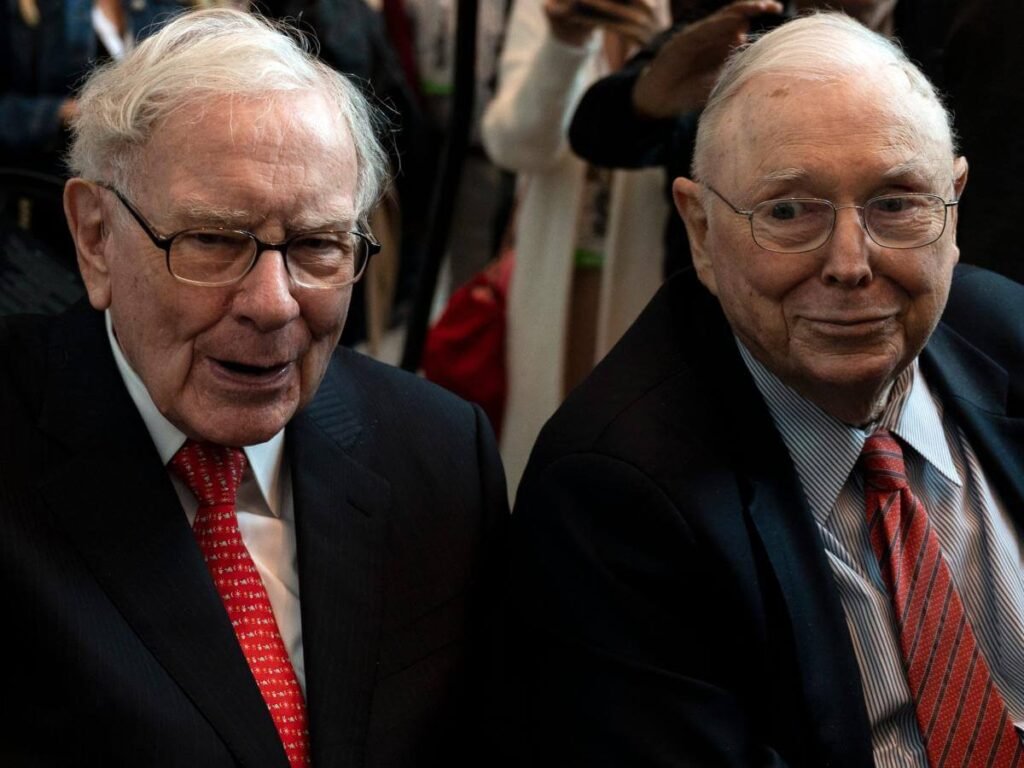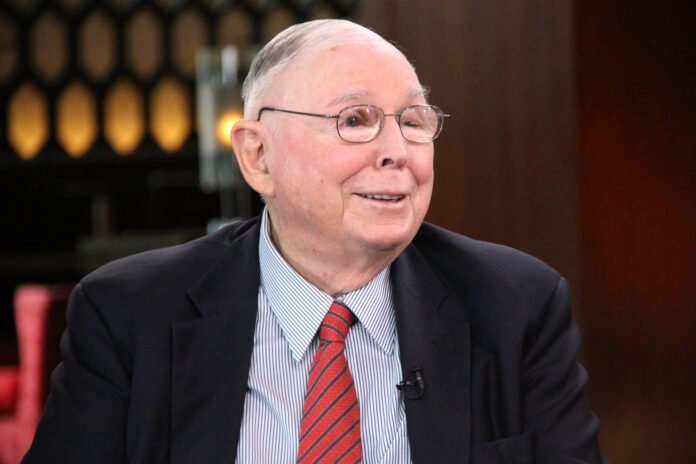This Content Is Only For Paid Member
Renowned billionaire investor Charlie Munger, who recently passed away at the age of 99, left behind not just a legacy of financial acumen but also a philosophy of frugality that defied conventional notions of wealth. Munger, a long-time business partner of Warren Buffett, chose to reside in the same unassuming Los Angeles home for an impressive seven decades, despite the financial means to indulge in mega-mansions.
In a recent CNBC interview conducted shortly before his passing, Munger shared insights into his housing choice, emphasizing that opulent residences seldom translate to increased happiness. He recounted observing friends who amassed significant wealth opting for “really fancy houses,” only to find that, in practically every case, such homes did not contribute to enhanced happiness. According to Munger, maintaining a basic house is beneficial, whereas possessing an extravagant one, primarily designed for large-scale entertainment, proves to be an expensive endeavor with limited personal benefits.

Munger intentionally chose to eschew an overly lavish lifestyle, expressing concerns about the potential negative impact on his children. Rejecting the notion of living a life resembling that of the affluent, he deliberately avoided the trappings of excessive opulence.
Warren Buffett, sharing a similar perspective on housing, has resided in the same Omaha, Nebraska home since 1958, a property he acquired for $31,500. Valued at over $1.3 million today, Buffett considers it one of his best investments. Buffett’s frugality aligns with Munger’s philosophy, emphasizing the importance of affordability when it comes to housing choices.
In a 2010 statement, Buffett cautioned against succumbing to the societal pressure of homeownership, highlighting the potential pitfalls of buying beyond one’s financial means. His sentiment echoed Munger’s belief that a house should be a practical, affordable choice rather than an extravagant dream. Munger’s frugal mindset extended beyond housing, exemplified by his preference for modest travel, opting for an air-conditioned bus only during bargain fare periods.
In a world often enamored with luxury and excess, Munger’s and Buffett’s enduring commitment to simplicity and prudence stands as a testament to the idea that true wealth and happiness are not always found in opulence but in conscious, considered choices aligned with personal values.




